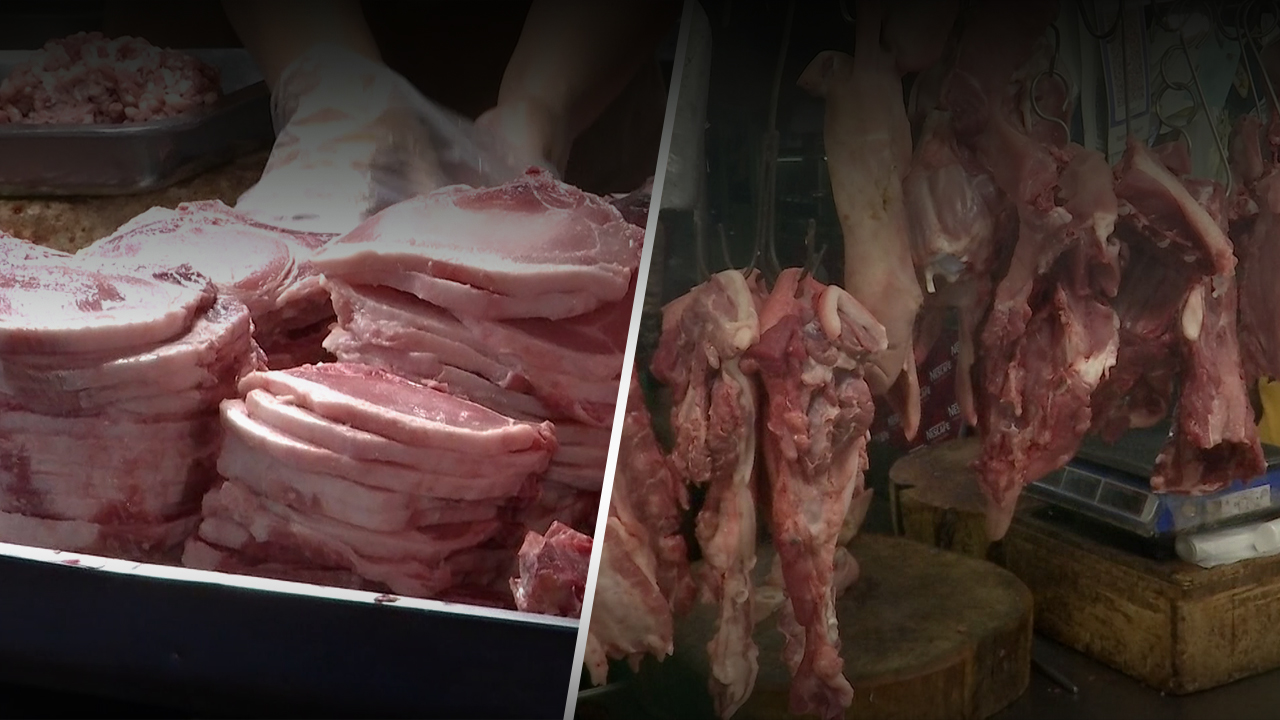A growing consumer culture in the Philippines reflects what observers now call the “fake rich phenomenon”- a lifestyle where people spend on visible goods and upgrades as self-reward, often justified by the mindset of “deserve ko ’to” (I deserve this).
.png)
A 2024 joint study conducted by the Filipino-focused sociocultural research firm, The Fourth Wall, and communications firm, Uniquecorn Strategies found that this mindset is driven by the desire for happiness, the fear of missing out on trends, and the urge to reward oneself after work or study-related stress.
“The younger generation is quickly becoming a big part of the consumer market and is already shaping trends, especially in online shopping,” said John Brylle L. Bae, Research Director at The Fourth Wall.
He explained that this habit of buying as a reward comes from growing self-awareness and the desire to affirm self-worth.
Bae also linked it to the Filipino “sayang” mindset, where people, after enduring daily struggles and sacrifices, grab chances to treat themselves out of fear of missing out.
This pattern is also described in the Journal of Social Research abstract, which explains that the fake rich trend is a form of “flexing” or showing off wealth that many fall into without realising it.
The paper notes that while the desire to be rich is natural, pretending to be rich has become a trap.
It highlights how so-called “Crazy Rich” personalities online once gained fame for flaunting or even giving away money, only to later be exposed for scams such as money games that left many people broke.
Finding balance in a “Deserve ko ‘to” mindset
The rise of the “fake rich phenomenon” shows how shopping in the country is no longer just about meeting needs, but also about chasing comfort, identity, and validation.
While the “deserve ko ’to” mindset reflects a natural desire for relief and recognition, it can also blur the line between healthy self-reward and risky overspending.
Experts say the first step is being more aware of how and why we spend. Rewarding yourself is healthy, but it becomes a problem when it turns into constant flexing.
Learning to enjoy small treats while still thinking about the future can help avoid unnecessary financial stress.



%201.svg)



































